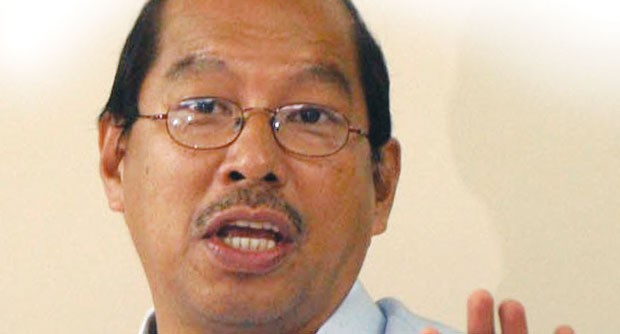One in two government employees can be assured of higher take home pay if Congress approves the proposed Salary Standardization Law of 2015 (SSL 2015), Budget Secretary Florencio “Butch” Abad said Wednesday.
“Under the SSL 2015, five in every 10 civilian personnel will receive their full mid-year bonus and their full Performance-Based Bonus because these additional benefits will be tax-free,” Abad said in a statement.
He added that 80 percent would also receive their full mid-year bonus tax-free.
The proposed measure, submitted to Congress by the Department of Budget and Management on Monday, Nov. 9, aims to update the Salary Standardization Law and increase the basic salary of certain employees. It is in line with the enactment of Republic Act 10653, which raised the tax exemption cap to P82,000.
READ: Palace to file bill increasing pay scale of gov’t personnel
Abad said those who would benefit most from the measure were 52 percent, or 606,454, employees in civilian positions under salary grades 1 to 11.
“These employees will receive not only their existing tax-exempt 13th month pay, PERA, cash gift, and Performance-Enhanced Incentive (PEI), they will also get their full mid-year bonus and PBB tax-free,” the statement said.
Meanwhile, those under salary grades 12 to 16, which account for 31 percent or 364,489 authorized civilian positions, will get their mid-year bonus tax-free, on top of tax exemptions on 13th month pay, cash gift, PERA and PEI.
To be implemented in four tranches over four years, the proposed SSL 2015 aims to raise the pay of 1.53 million government employees by up to 45 percent.
Abad dismissed claims that the pay increase would result in inflation.
“SSL 2015 is almost inflation-neutral. We also estimate that the impact of GDP growth is positive, adding 0.022 percent to growth in 2016, 0.05 percent in 2017, and 0.09 percent in 2018,” he said.
He added that top officials, including the President, Vice President, members of Congress and the Cabinet, would not be included in the first round of implementation on January 1, 2016. Instead, the adjustment in their salaries will start on July 1, 2016, which is in accordance to the Philippine Constitution provision stating that no compensation increase will take effect until after the expiration of term of the members of Congress who approved the increase.
